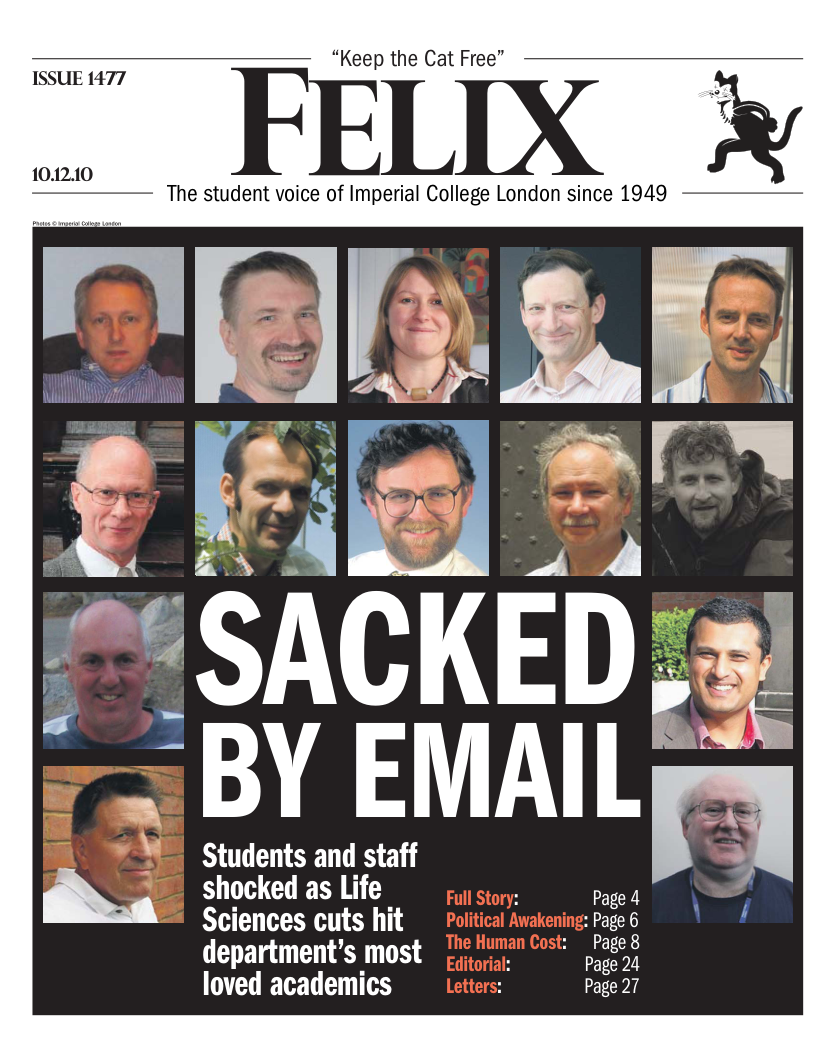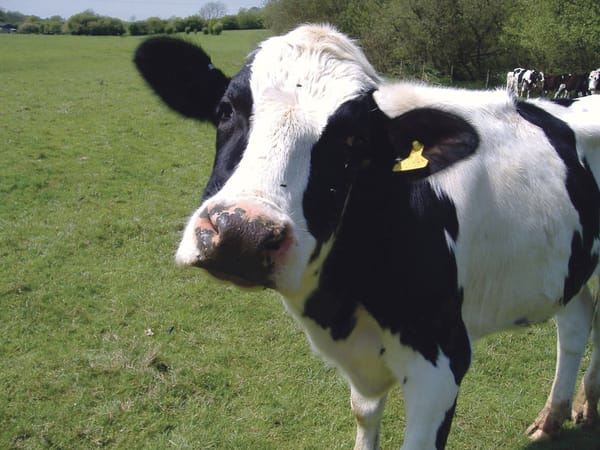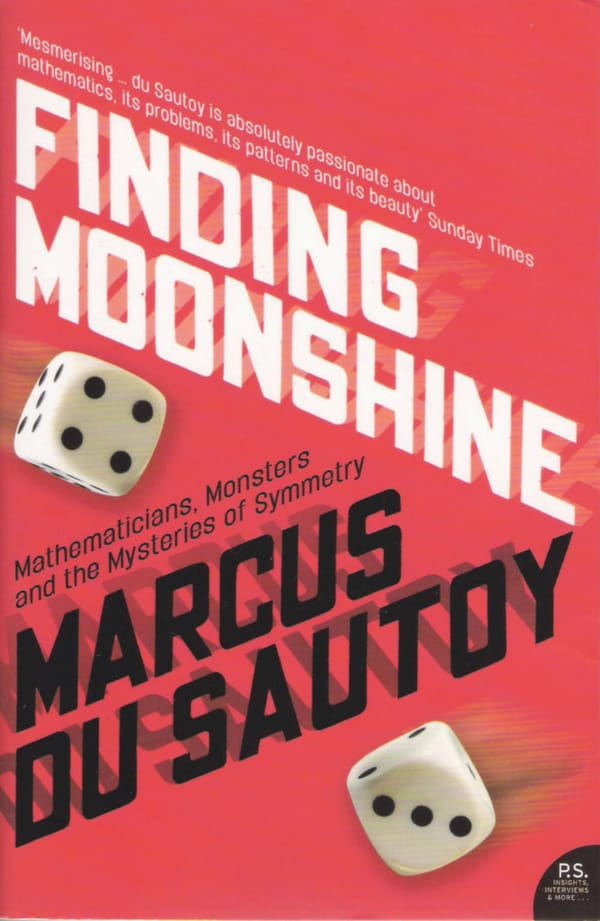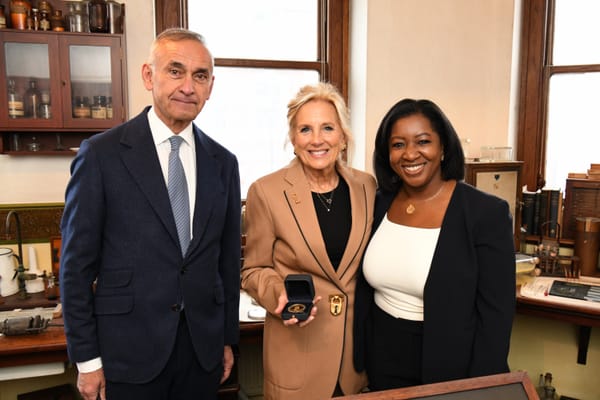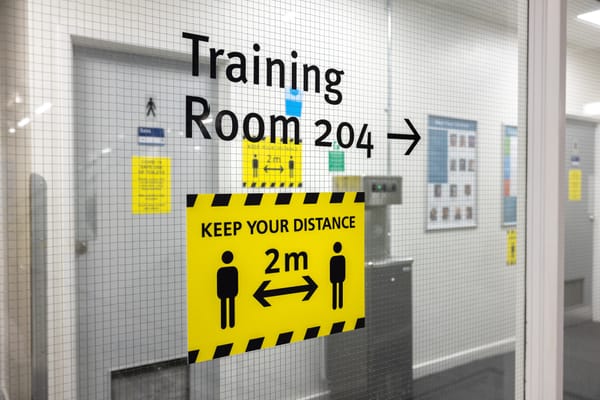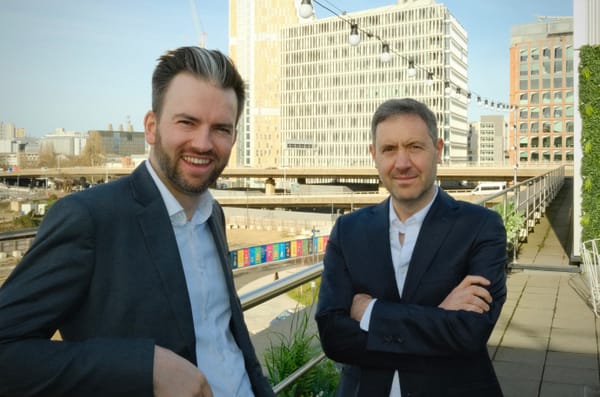Supervolcanoes
Are they actually a big deal?
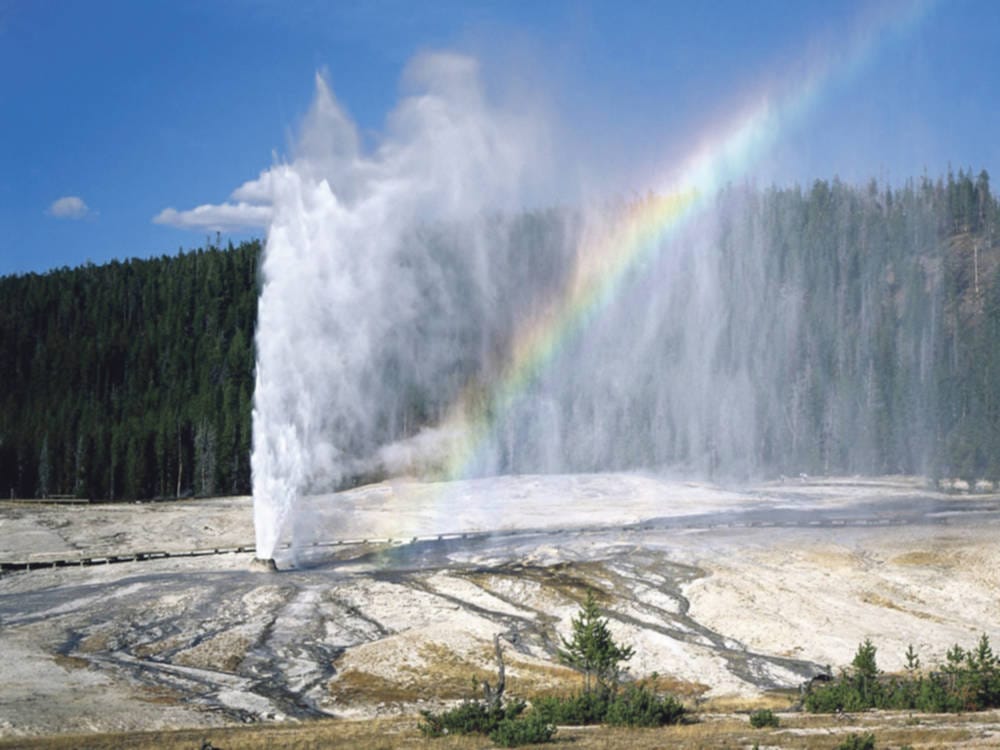
If, like me, your entire scientific knowledge of this subject extends to the silly BBC drama about supervolcanoes called Supervolcano, you should be terrified at the long overdue volcanic eruptions to end all eruptions. A great deal was made that Yellowstone’s last three eruptions have taken place 2.1, 1.3 and 0.64 million years ago – we’re all living on borrowed time.
The problem is, volcanic eruptions are hard to predict at the best of times. Just because a particular volcano has erupted after two ‘regular’ intervals it doesn’t mean much statistically because there are an awful lot of eruptions that don’t show any pattern at all and two intervals is little evidence to go on. Or if we do believe them to be accurate, there is still a margin of error of 140,000 years. That’s longer than the entirety of human history. In the last 60,000 years we’ve had ice ages, mass extinctions and, yes, supervolcanoes.
This is a long time for a margin of error. Yellowstone is only one volcano, but the ‘average’ interval between eruptions is 800,000 years (so we’re under-due). Of course, that figure is equally meaningless, and it’s quite possible that an eruption will take place next year, or in the next decade. The point is it’s hard to worry about something you can’t predict years in advance and is very unlikely.
Of course eventually a supervolcano will erupt and those living then will have a miserable time but there are many things that can happen in that time, and some of them (climate change, food crisis, pandemic) are a lot more likely and potentially a lot more dangerous than a volcano.
One thing such scientific documentaries as “The Core” and “Megafault” missed is there is very little that we can do to prevent a volcanic eruption, even if you know what’s coming. I’m certain that careful, co-ordinated preparation would go a long way in reducing the devastating impacts, but until it comes to pass maybe recycling more, doing some light exercise, not taking antibiotics when you have a cold and not drinking too much are much better at lengthening your chances of survival. And even if it doesn’t improve your quality of life, it certainly won’t make that eruption come any quicker.
Focusing on something that may harm you in thousands of years, though serious, is less important than many other things that are much more dangerous. You might want to think, for example, if you really need to cross so many roads on your way into college. After all, if it’s been a very long time since anything last happened...

